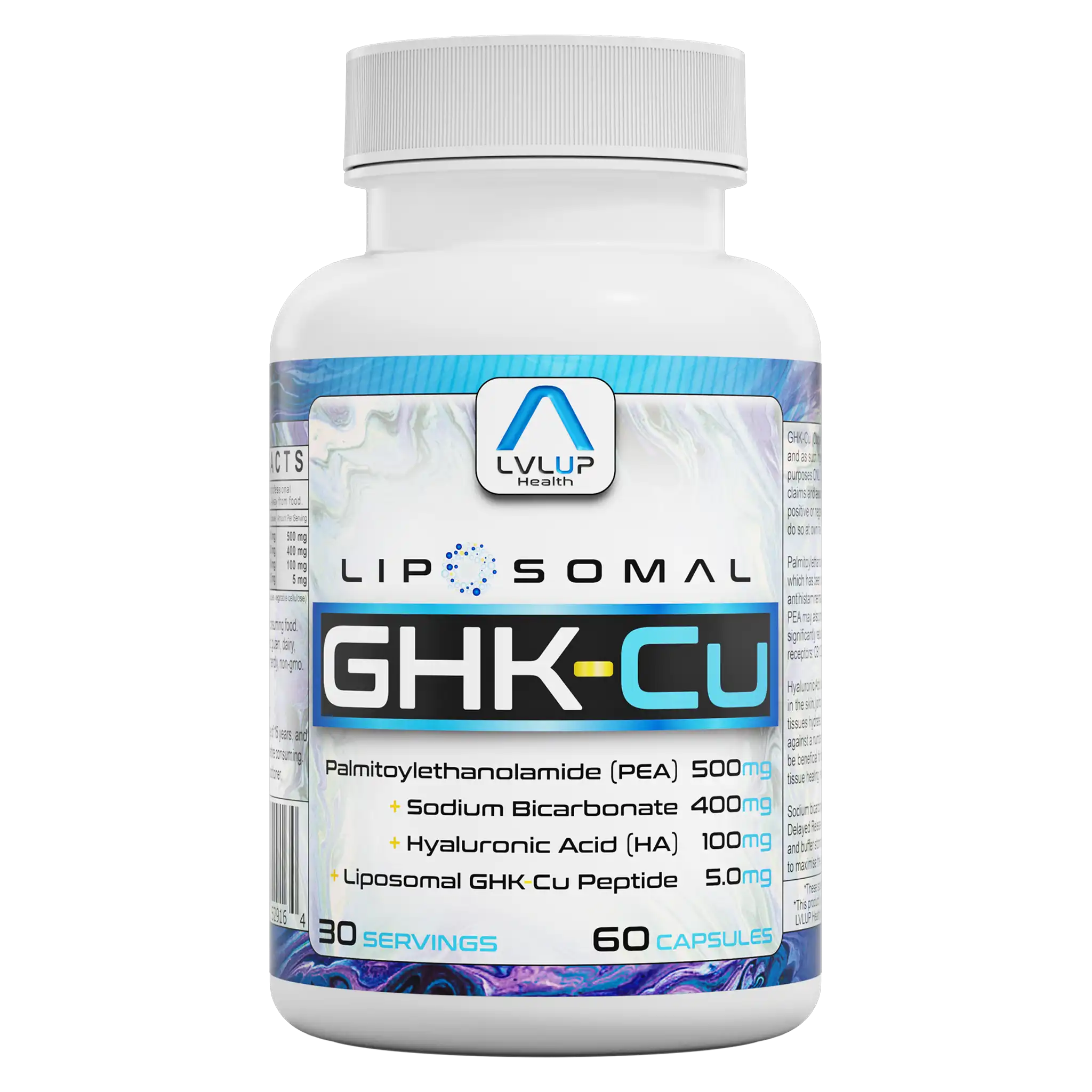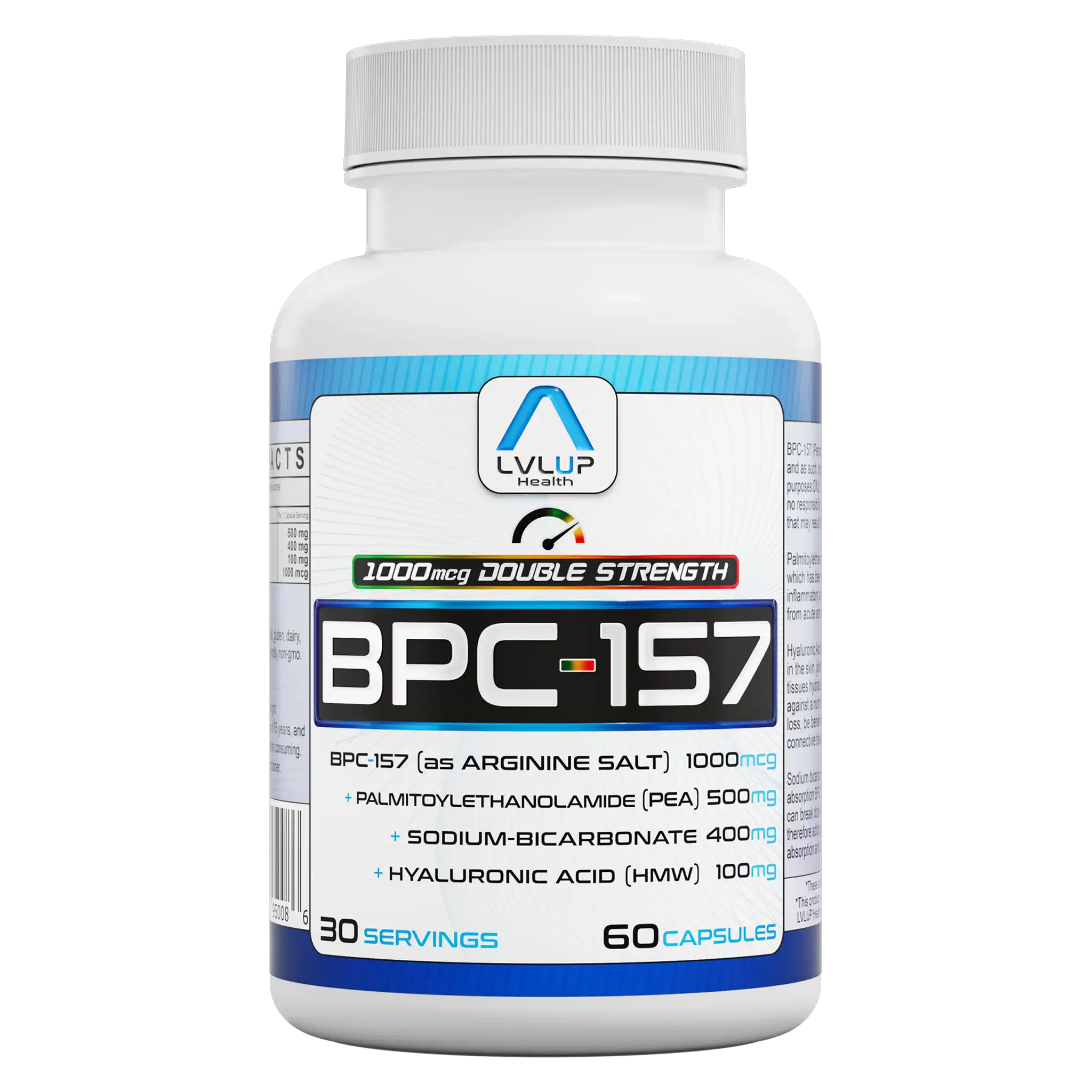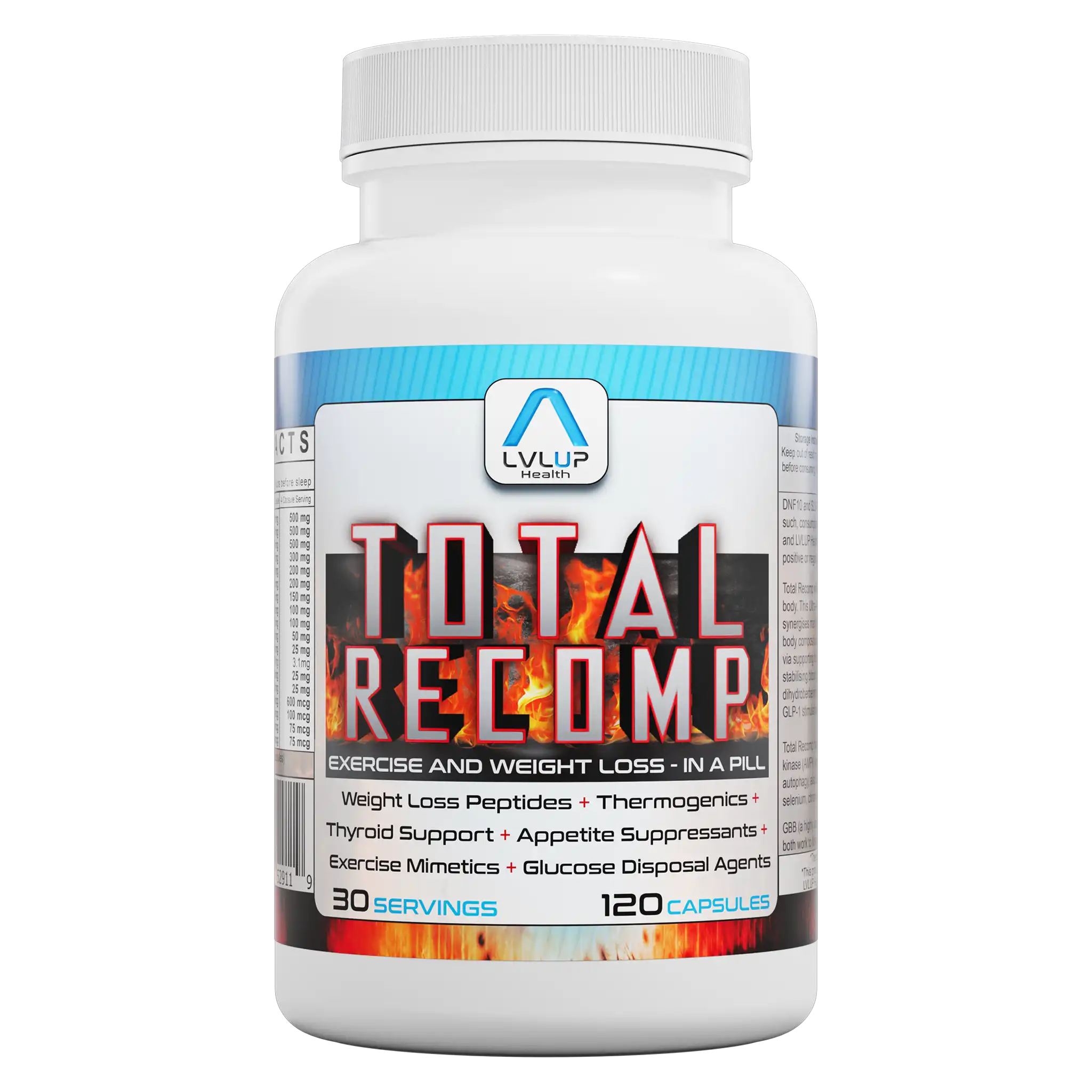Forskolin
About Forskolin
Metabolic Boost
Coleus Forskohlii has captured the interest of supplement developers. Forskolin, its main active compound, directly interacts with cellular enzymes, especially adenylate cyclase. This enzyme activates something called cyclic AMP (cAMP), a molecular messenger inside your cells. When cAMP levels rise, metabolic processes accelerate, certain hormones are released, and cellular responses are enhanced.
Weight Management Potential
Coleus Forskohlii often appears in formulas aimed at metabolic health or weight management because higher cAMP activity can encourage fat cells to release stored fat. It’s important to remember that dietary habits and exercise are just as crucial. Some research also suggests it might influence thyroid hormones and help maintain balanced energy levels, making it a candidate for hormonal support blends.
Cognitive and Mood Support
If you’re interested in performance or mood support, you might find Coleus Forskohlii in cognitive or mood support products. Its action here isn’t direct but rather part of a larger network where cAMP regulates neurotransmitter activity.
Standardization
Supplement manufacturers often standardize Coleus Forskohlii extracts to ensure consistent forskolin content per serving—usually marked right on the label.
Found In
Formulated With
Detailed Information
Mechanism of Action
Forskolin activates adenylate cyclase directly by bypassing G protein-coupled receptor (GPCR) mediation, leading to increased intracellular cAMP concentrations within target tissues such as adipocytes and thyroid follicular cells. Elevated cAMP modulates protein kinase A (PKA) activity, which can phosphorylate hormone-sensitive lipase (HSL) in adipose tissue, facilitating lipolysis, and also impact TSH-induced thyroid hormone synthesis via CREB-dependent transcription in thyroid cells.
Metabolic Regulation
In metabolic regulation models, forskolin-stimulated cAMP improves the translocation of GLUT4 in skeletal muscle via AMPK activation pathways and may influence insulin sensitivity independently of insulin receptor signaling cascades. Systemic effects observed in animal models include increased basal metabolic rate and altered mitochondrial respiration parameters due to downstream phosphorylation events affecting uncoupling proteins.
Pharmacokinetics
Pharmacokinetic data suggests forskolin is rapidly absorbed and distributed but undergoes significant hepatic metabolism. Standardization of extract content (typically 10–20% forskolin by weight) is necessary for reproducible effects in research and commercial formulations.





